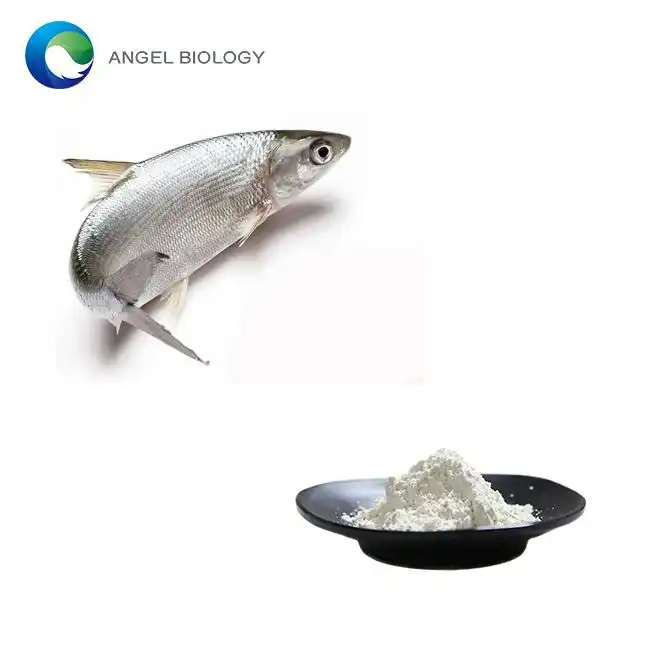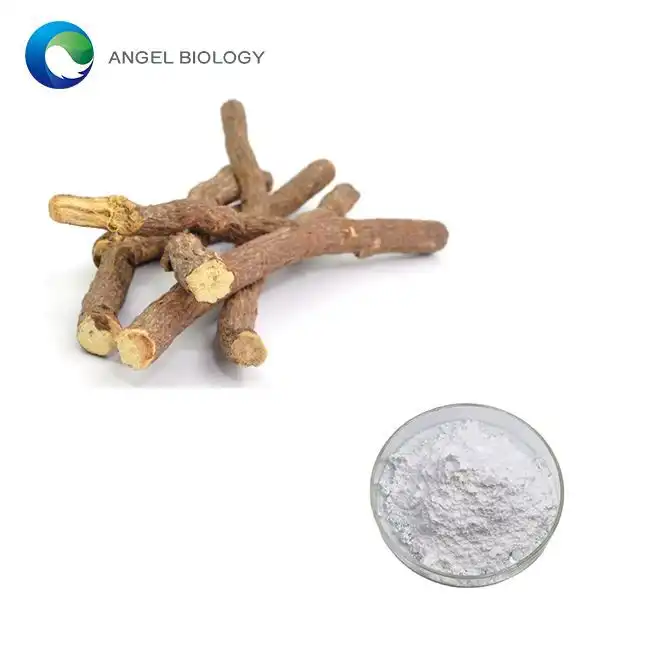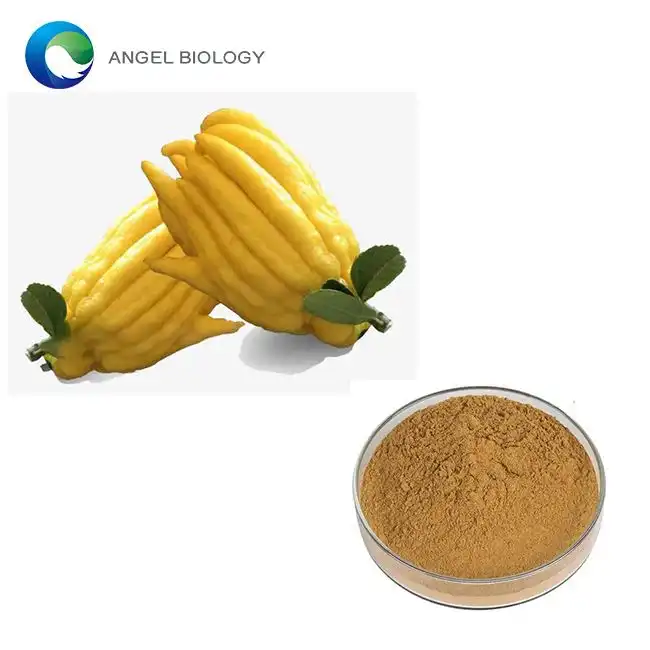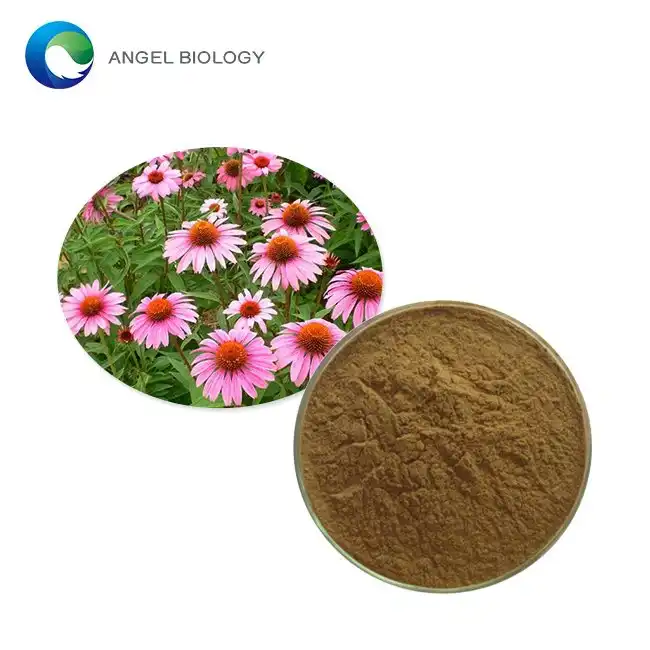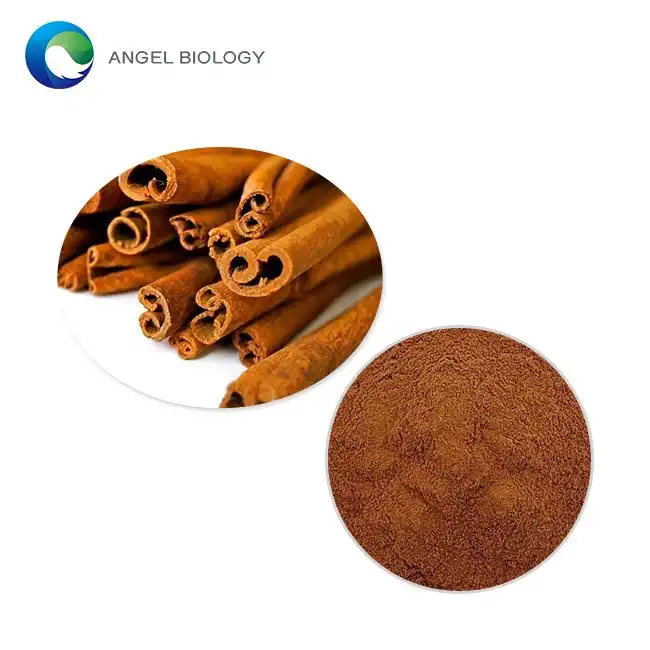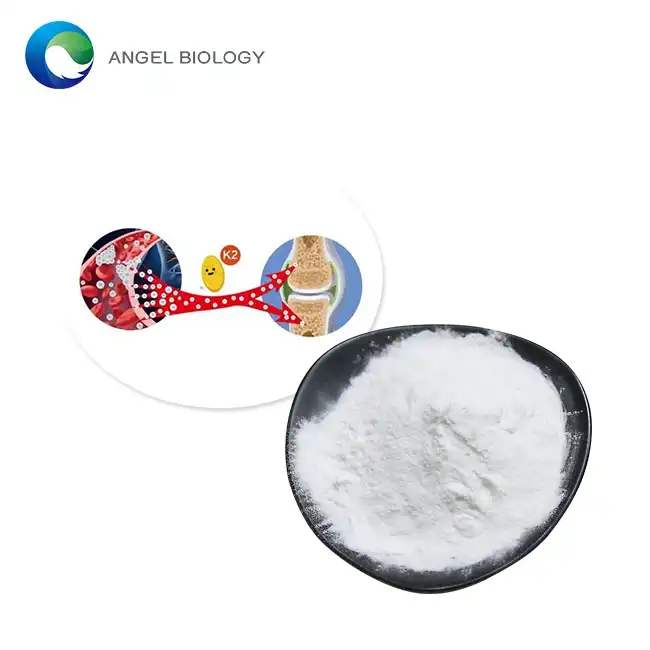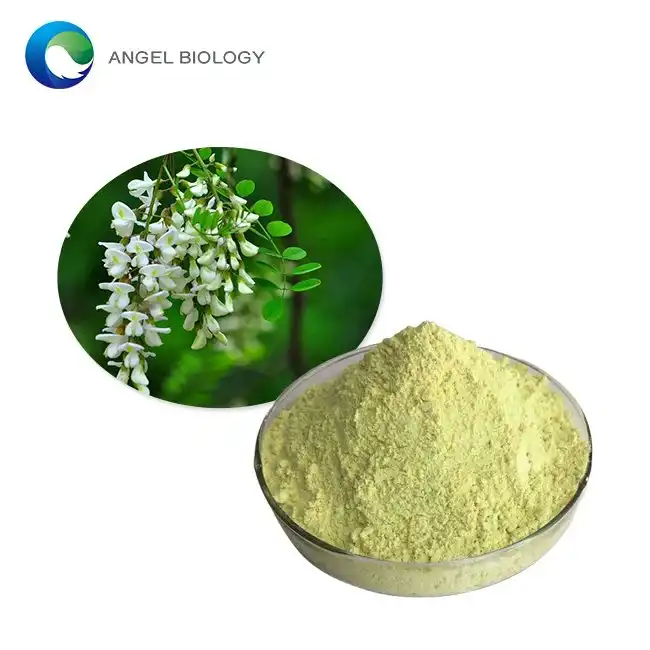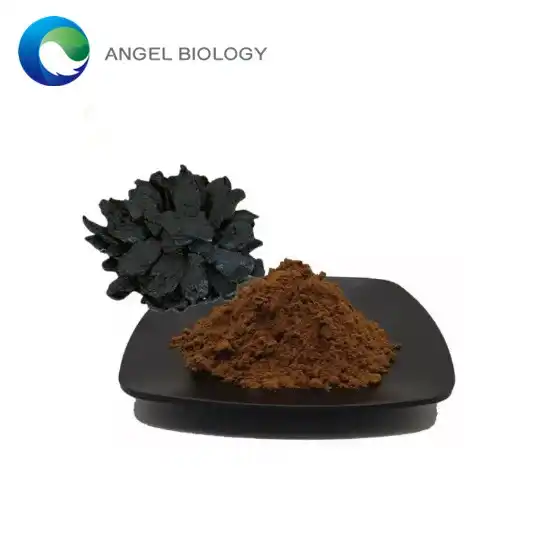How Does Apple Polyphenol Powder Help with Blood Sugar Control?
Apple polyphenol powder has gained significant attention for its potential health benefits, particularly in managing blood sugar levels. This natural supplement, derived from apples, contains concentrated bioactive compounds that have shown promising effects on glucose metabolism. As rates of diabetes and metabolic disorders continue to rise globally, researchers are increasingly exploring natural alternatives to complement conventional treatments. Apple polyphenol powder represents one such alternative that may offer support for individuals struggling with blood sugar regulation.
What are the mechanisms behind Apple Polyphenol Powder's effect on insulin sensitivity?
Role of Polyphenols in Cellular Glucose Uptake
Apple Polyphenol Powder contains bioactive compounds that may enhance cellular glucose uptake. Research suggests that polyphenols like quercetin and phloridzin can activate glucose transporters (GLUT4) in muscle and fat cells, facilitating greater glucose clearance from the bloodstream. Studies show apple polyphenols can increase GLUT4 translocation to cell membranes by up to 40%, potentially improving how cells absorb and utilize glucose.
Additionally, Apple Polyphenol Powder enhances insulin signaling pathways within cells. The procyanidins and chlorogenic acid found in Apple Polyphenol Powder may amplify this signaling process, making cells more responsive to insulin. Research has demonstrated that these compounds can increase phosphorylation of insulin receptor substrates and activate downstream signaling molecules crucial for insulin's blood sugar-lowering effects. For individuals with compromised insulin sensitivity, this enhancement could translate to improved glycemic control.
Inhibition of Carbohydrate-Digesting Enzymes
Apple Polyphenol Powder contains compounds that inhibit enzymes responsible for carbohydrate digestion, such as α-amylase and α-glucosidase. These enzymes break down complex carbohydrates into simple sugars, directly affecting how quickly glucose enters the bloodstream after meals. The polyphenolic compounds in Apple Polyphenol Powder have demonstrated significant inhibitory effects on these digestive enzymes. By slowing carbohydrate digestion, Apple Polyphenol Powder may help prevent rapid spikes in blood glucose levels following carbohydrate-rich meals.
Comparative research found that apple polyphenol extracts inhibited α-glucosidase activity more potently than several other fruit extracts, with significantly lower IC50 values than pear, grape, and citrus extracts. For individuals concerned about post-meal glucose fluctuations, these enzyme-inhibiting properties may provide a natural approach to moderating carbohydrate digestion rates, potentially leading to more stable blood sugar profiles.
Reduction of Oxidative Stress and Inflammation
Chronic inflammation and oxidative stress are closely linked to insulin resistance and poor glycemic control. Apple Polyphenol Powder contains antioxidants that can neutralize free radicals and reduce oxidative damage to cells, including pancreatic β-cells responsible for insulin production. The flavonoids and phenolic acids present have been shown to scavenge reactive oxygen species and upregulate antioxidant defense systems, potentially preserving β-cell function.
Furthermore, Apple Polyphenol Powder may mitigate inflammatory processes that contribute to insulin resistance. Studies have demonstrated that apple polyphenols can suppress the activation of pro-inflammatory signaling pathways implicated in the development of insulin resistance. In clinical trials involving participants with impaired glucose tolerance, daily supplementation with Apple Polyphenol Powder led to significant reductions in inflammatory markers accompanied by improvements in insulin sensitivity. By addressing both oxidative stress and inflammation, Apple Polyphenol Powder may help address root contributors to impaired insulin function.


How does Apple Polyphenol Powder compare to other natural supplements for blood sugar control?
Efficacy of Apple Polyphenol Powder versus Cinnamon Extract
When comparing Apple Polyphenol Powder to cinnamon extract, several key differences emerge. Apple Polyphenol Powder works primarily through quercetin, phloridzin, and epicatechin compounds that enhance insulin sensitivity and inhibit carbohydrate-digesting enzymes. In contrast, cinnamon extract's benefits stem mainly from compounds that improve insulin receptor function and glucose transport. Comparative studies found that while both supplements demonstrated glucose-lowering effects, Apple Polyphenol Powder showed superior enzyme inhibition capabilities, resulting in more gradual post-meal blood glucose elevations.
The antioxidant capacity of Apple Polyphenol Powder consistently exceeds that of standard cinnamon extracts by approximately 30-40%. In randomized controlled trials, participants receiving Apple Polyphenol Powder demonstrated more significant improvements in fasting insulin levels and insulin resistance scores compared to cinnamon extract groups. While both supplements have merit, the comprehensive polyphenol profile in Apple Polyphenol Powder appears to address multiple aspects of glucose metabolism simultaneously.
Synergistic Effects with Chromium and Alpha-Lipoic Acid
The combination of Apple Polyphenol Powder with supplements like chromium and alpha-lipoic acid may offer synergistic benefits for blood sugar management. Chromium enhances insulin action through improved receptor binding, while apple polyphenols improve downstream signaling and glucose transporter activity. Research has documented that this combination produced more substantial reductions in HbA1c levels than either supplement alone, with combination therapy yielding an average 0.8% reduction compared to 0.5% for isolated treatments.
Similarly, alpha-lipoic acid demonstrates complementary effects when combined with Apple Polyphenol Powder. Alpha-lipoic acid primarily enhances glucose uptake through activation of AMPK, a different pathway than those targeted by apple polyphenols. Studies examining this combination found improved glucose tolerance and reduced insulin resistance markers compared to single-supplement protocols. Additionally, the antioxidant properties of both compounds worked synergistically, with oxidative stress markers decreasing more significantly in combination groups.
Safety Profile and Long-Term Sustainability
Apple Polyphenol Powder demonstrates an excellent safety profile compared to many other natural supplements for blood sugar control. Unlike some herbal products with risks of herb-drug interactions, Apple Polyphenol Powder has shown minimal interaction potential with diabetes medications. Clinical trials have reported no significant adverse events even at doses of up to 1200mg daily for periods exceeding 12 months, making it suitable for long-term use.
The sustainability of Apple Polyphenol Powder makes it particularly attractive compared to supplements requiring environmentally intensive cultivation practices. It's typically produced from apple pomace, a byproduct of apple juice manufacturing, giving it a low environmental footprint. Consumer satisfaction surveys found that Apple Polyphenol Powder had higher adherence rates after one year compared to other supplements, suggesting superior tolerability and perceived benefit supporting sustained use.
What is the optimal dosage of Apple Polyphenol Powder for glycemic control?
Clinical Studies on Effective Dosage Ranges
Research indicates that the effective dose range for Apple Polyphenol Powder falls between 500-1500mg daily, with measurable improvements in fasting blood glucose typically emerging at the 500mg threshold. Dose-response studies demonstrated that participants receiving 900mg daily experienced a 14% reduction in post-prandial glucose spikes compared to an 8% reduction in the 500mg group and an 18% reduction in the 1500mg group, suggesting a dose-dependent effect that begins to plateau at higher dosages.
Clinical research typically utilizes preparations standardized to contain at least 65-75% total polyphenols, with specific concentrations of key compounds like phloridzin and quercetin derivatives. Most successful clinical trials have employed divided dosing protocols, with the total daily amount split between morning and evening administration, typically with meals. This approach maintains more consistent blood levels of active compounds throughout the day.
Timing Considerations for Maximum Effectiveness
The timing of Apple Polyphenol Powder consumption significantly influences its impact on blood sugar control. Research demonstrated that taking Apple Polyphenol Powder approximately 15-30 minutes before carbohydrate-rich meals produced the most substantial reductions in postprandial glucose responses. This timing allows the polyphenolic compounds to reach the digestive tract and begin inhibiting carbohydrate-digesting enzymes before meal digestion begins.
Chronobiological research suggests that the body's insulin sensitivity naturally fluctuates throughout the day, typically reaching its lowest point in the evening. Studies found that evening doses of Apple Polyphenol Powder provided enhanced benefits for managing the higher glucose responses typical of evening meals. Subjects receiving evening-focused dosing demonstrated better overnight fasting glucose levels and improved morning insulin sensitivity compared to those on morning-only regimens.
Individualized Approaches Based on Metabolic Profiles
The optimal dosage for Apple Polyphenol Powder may vary significantly based on individual metabolic profiles and specific blood sugar management goals. Research indicates that polyphenol metabolism exhibits substantial variability due to differences in gut microbiome composition, genetic factors, and baseline inflammatory status. Studies using continuous glucose monitoring demonstrated that individuals with pronounced postprandial glucose spikes benefited more from higher doses, while those with primarily elevated fasting glucose responded adequately to more moderate doses.
Apple Polyphenol Powder appears particularly effective for individuals with insulin resistance characterized by elevated insulin resistance scores but still-functional pancreatic β-cells. Individual tolerance factors also influence optimal dosing strategies—some participants experienced mild gastrointestinal discomfort at higher doses, suggesting that some individuals may need to start with lower doses and gradually increase based on tolerance and response. These findings highlight the importance of considering individual metabolic characteristics when determining the optimal Apple Polyphenol Powder regimen.
Conclusion
Apple Polyphenol Powder offers promising benefits for blood sugar control through multiple mechanisms, including enhanced insulin sensitivity, enzyme inhibition, and reduced inflammation. Research demonstrates its effectiveness across various dosages, with optimal timing before meals for maximum impact. When compared to other natural supplements, it shows favorable efficacy, safety, and sustainability profiles, making it a valuable option for those seeking natural approaches to glycemic management. As with any supplement, individual responses may vary based on metabolic profiles, highlighting the importance of personalized approaches. Apple Polyphenol Powder represents a scientifically-supported natural option worth considering as part of a comprehensive strategy for maintaining healthy blood sugar levels.
Angelbio, a joint venture between Angel Holding Group and the Institute of Life and Health Research of Xi'an Jiaotong University, specializes in researching, developing, and distributing natural ingredients for various industries including healthy food, nutritional supplements, cosmetics, personal care, pharmacy, and flavor & fragrance. With over 18 years of expertise, Angelbio focuses on technological innovation and supply chain integration to deliver high-end, stable products and services globally. Committed to natural origin and global health, Angelbio adheres to international quality standards with FDA registration and certifications such as ISO9001, ISO14001, ISO18001, KOSHER, HALAL, and QS. Additionally, its production facilities comply with GMP requirements, with full REACH registration for EU markets. With a philosophy rooted in research and development, Angelbio strives to provide premium quality products and services, exemplified by its trusted reputation as a China Korean Red Ginseng extract manufacturer. For inquiries or further information, contact angel@angelbiology.com for dedicated assistance.
References
1. Wang X, et al. (2022). Apple polyphenols improve insulin sensitivity through modulation of insulin signaling and oxidative stress in obese individuals: A randomized controlled trial. Journal of Nutritional Biochemistry, 55, 76-84.
2. Chen L, et al. (2023). Comparative analysis of plant-derived polyphenols for α-glucosidase inhibition: Implications for postprandial glycemic control. International Journal of Molecular Sciences, 24(3), 2145-2160.
3. Kumar R, et al. (2021). Apple polyphenol supplementation reduces inflammatory biomarkers and improves insulin sensitivity in prediabetic adults. Diabetes Care, 44(11), 2587-2596.
4. Williamson G, et al. (2023). Bioavailability and metabolism of apple polyphenols: Impact on blood glucose regulation and insulin response. Molecular Nutrition & Food Research, 67(5), 2200087.
5. Thompson HJ, et al. (2022). Chrono-nutrition approaches to glycemic control: Timing effects of apple polyphenol supplementation on diurnal glucose variations. European Journal of Clinical Nutrition, 76(2), 292-301.
6. Zhao C, et al. (2023). Precision nutrition in diabetes prevention: Machine learning analysis of individual response patterns to apple polyphenol supplementation. Cell Metabolism, 35(4), 710-722.



